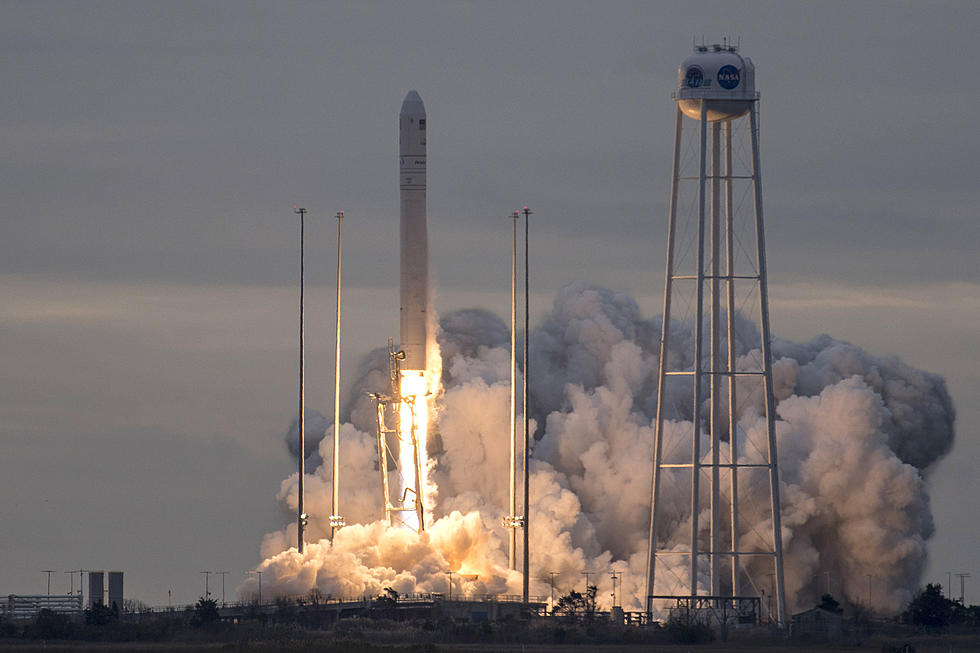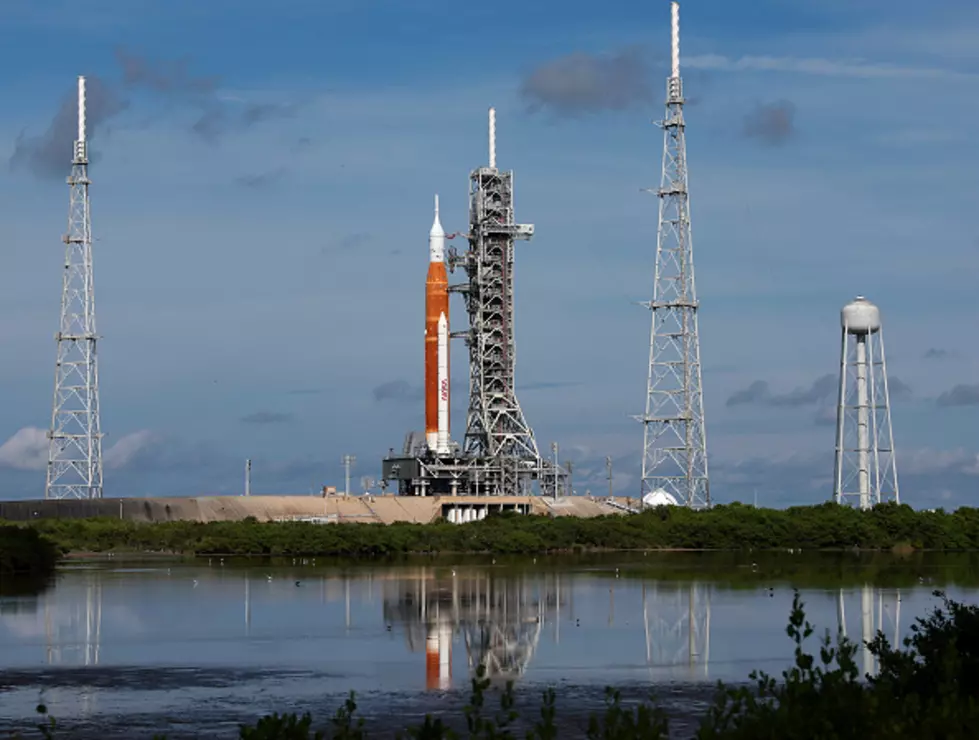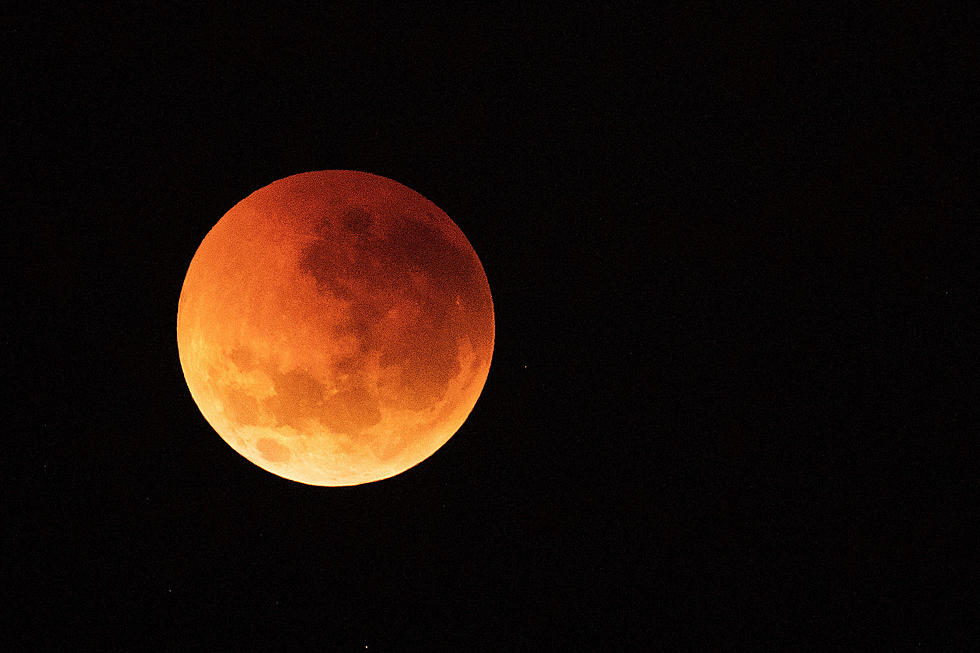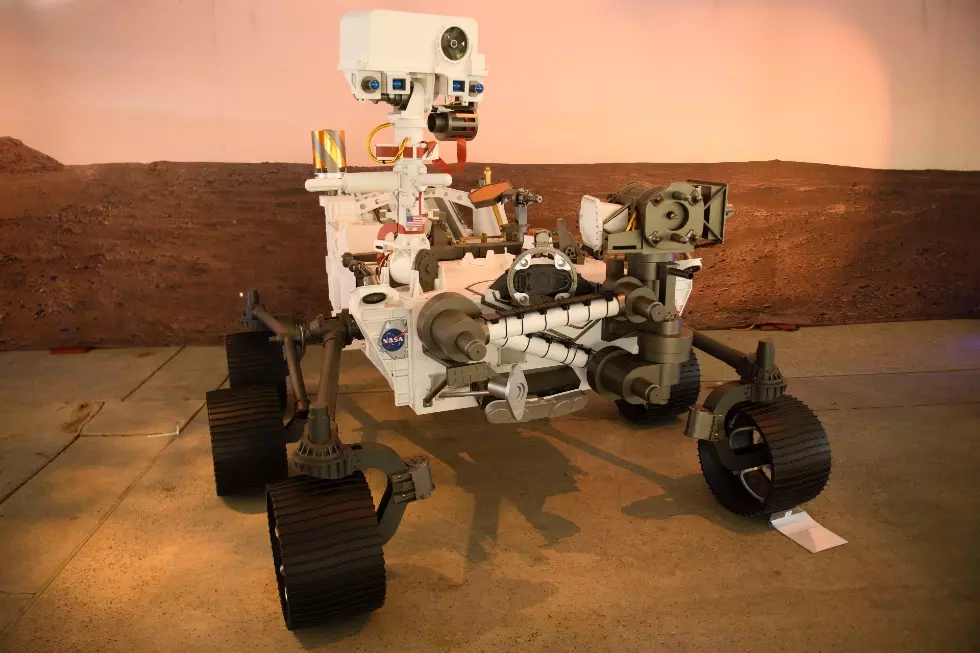
Spacewalking Astronauts Add New Pumps to Cosmic Detector
CAPE CANAVERAL, Fla. (AP) — Spacewalking astronauts attached new pumps to a cosmic ray detector outside the International Space Station on Monday in a bid to extend its scientific life.
It was the third spacewalk in nearly three weeks for Italy’s Luca Parmitano and NASA’s Andrew Morgan. And it marked the culmination of years of work to repair the $2 billion Alpha Magnetic Spectrometer.
The spectrometer has been up there hunting for antimatter and dark matter for 8 ½ years, longer than anticipated. Without four new pumps for cooling, the device would be crippled and, ultimately, useless.
NASA compares this series of four spacewalks — the most complex since the Hubble Space Telescope missions — to heart bypass surgery because they are designed to bypass the old, degraded pumps.
The $2 billion spectrometer was never meant for hands-on repairs like this and was designed to last just three years. Once the new pumps are fully installed, the spectrometer should last the entire life of the space station. That’s another five to 10 years.
Given the high stakes, Mission Control urged the spacewalkers to “take good care” of the pumps. Parmitano clutched the 350-pound box of pumps, a bulky 3 ½ feet by 2 ½ feet, with both hands as he headed toward the spectrometer.
Parmitano quickly bolted the bundle to the spectrometer, then hooked up power and data cables. He crossed his gloved fingers as best he could — and his booted toes, too, he noted — as flight controllers switched on power to the instrument. The instrument came alive.
“Good news. We show that we can tear things apart and build them back up,” said Morgan.
Mission Control cautioned, “We've got a little way to go yet, but we agree.”
The spacewalkers’ toughest job was still ahead: splicing eight stainless steel tubes that were cut on the Nov. 22 spacewalk, into the new pumps. “One down, seven to go,” Mission Control radioed as Parmitano finished splicing the first cooling line.
A fourth spacewalk will be needed to check these reconfigured cooling lines for leaks and add thermal blankets to the spectrometer. With two supply ships being readied for launch this week to the space station — from Cape Canaveral and Kazakhstan — it’s uncertain when the final spacewalk will occur.
The spectrometer flew up on space shuttle Endeavour’s last mission in 2011. It’s since studied more than 148 billion charged cosmic rays.

More From K2 Radio









